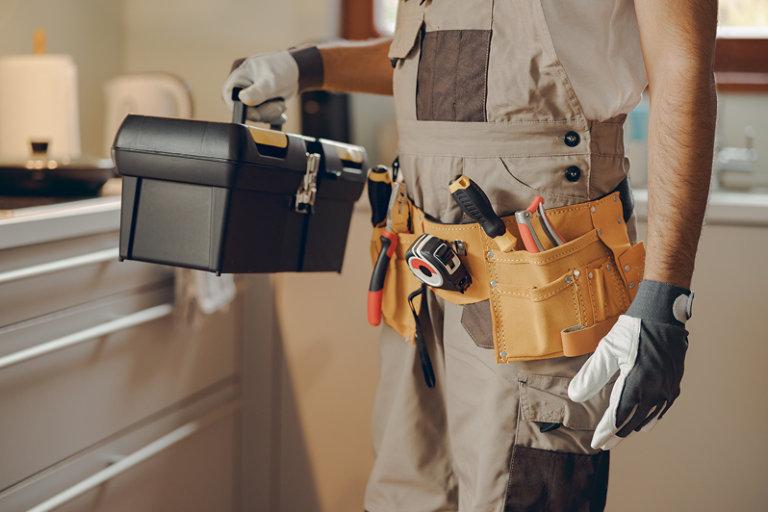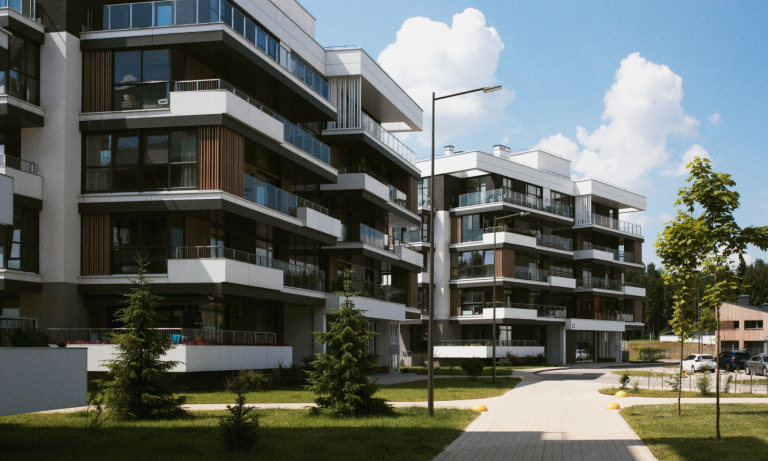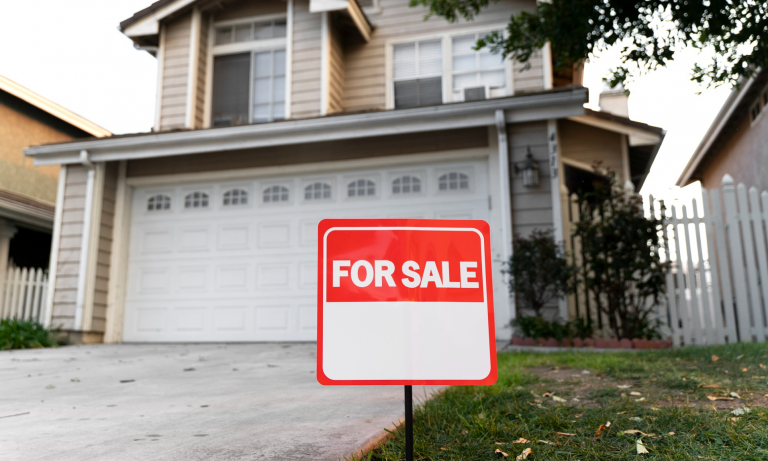When considering buying a property, the age-old debate arises: is it better to purchase a fixer-upper in the best suburb or a newly renovated house in a less desirable area? The answer for this will obviously differ depending on an individual’s personal circumstances, financial position at the time of purchase as well as where they anticipate being financially and physically in five years’ time.
Generally speaking, experts believe that investing in the “fixer-upper” in the best suburb is often more advantageous. However, not every buyer is prepared, practically or financially, for a renovation and therefore they might look to own a house that needs no work done in a less desirable suburb. This very personal decision depends on your own circumstances, read on to see the pros and cons of each option available to you.
Buying a ‘Fixer-Upper’ in the best suburb
There are some very obvious long-term advantages to buying the more affordable house in your preferred area:
- Location Benefits: A property’s location is a fixed factor that significantly influences its value. Homes in desirable suburbs often appreciate more over time due to factors like better amenities, schools and overall demand.
- Value Addition Potential: Purchasing a less-than-ideal property in a prime area allows for renovations as well as other valuable enhancements that can substantially increase its value, aligning it with neighbouring homes. This work can be phased in depending on affordability, so this strategy can lead to significant returns on investment over the long term.
- Desirability and Demand: Homes in sought-after suburbs typically attract more buyers when it comes to selling, so this ensures easier resale and potentially higher profits in the future.
Renovating a ‘Fixer-Upper’ is for you if…
Buying that ‘Fixer-Upper’ home in the suburb you really want to live in is a good idea if you can:
- Find a property that you can afford to pay the instalments on, as well as have cash available to pay for a renovation or upfront maintenance if that was lacking on the property at time of sale. This will require more patience and time, as these properties aren’t always available.
- Justify moving to the area to benefit from better schools, amenities and better security, as well as realising long-term value if you’re planning on staying for a few years. These benefits come at a cost.
- Visualise ways to increase the home’s value with smart renovations that make sense for your family’s situation and specific needs.
- Set aside time for a renovation. This way, you’ll get to design and improve the home to your taste, but you’ll need to have cash available for this unless you can do it all yourself to save money. You also might not be able to live in the house while doing this, so you’d need to rent elsewhere while doing the messy renovation work.
- Work out how to renovate in phases based on your budget and living circumstances. This way you can save and budget for improvements you can do every year, starting with those most pressing, progressing to the “nice-to-haves” when you’ve built up some equity in your house.

If renovation isn’t for you, then what?
If you’re not up for a renovation, then it’s time to broaden your house search to suburbs adjacent to those that you’d really like to live in. Neighbouring suburbs that are less desirable will have cheaper properties on the market. You’d be able to look for the best houses in these areas that are less likely to need work done to them. This doesn’t mean that you shouldn’t still do your due diligence on these properties, and ensure you get inspections done if you’re at all concerned about electrical or structural aspects of the property.
This comes with the pros and cons that you’d expect, so be sure to discuss these with your property practitioner. You need to manage your expectations in the short term, and make sure you’re okay with the possible challenges that come with living in a particular neighbourhood.
More uncertain, but equally important are the longer-term aspects you must be cognisant of, such as lower property value growth, with future appreciation being slower or minimal in the medium term. And when it comes to selling, demand might be lower in a less favourable area. These are all potential risks, and reasons why this might be a longer-term investment for you if you’re looking to benefit from increased property prices.
There’s no right or wrong approach…
Both options have their merits, and the right choice depends on your priorities and personal situation. At the end of the day, investing in real estate is about balance – finding the right mix of affordability, convenience and future value, all while balancing your most basic need: a roof over your head.
Do your research, run the numbers using our bond calculators, get advice from professionals and choose the option that aligns with your needs and priorities. A critical look at your financial situation is a good starting point. This will entail assessing what savings you have available for deposit and renovation costs as well as all the other home-buying costs, and chatting to property practitioners about the suburbs you’d like to live in. Chat to our team of Home Loans Specialists about doing a home loan pre-approval to get you started.










































